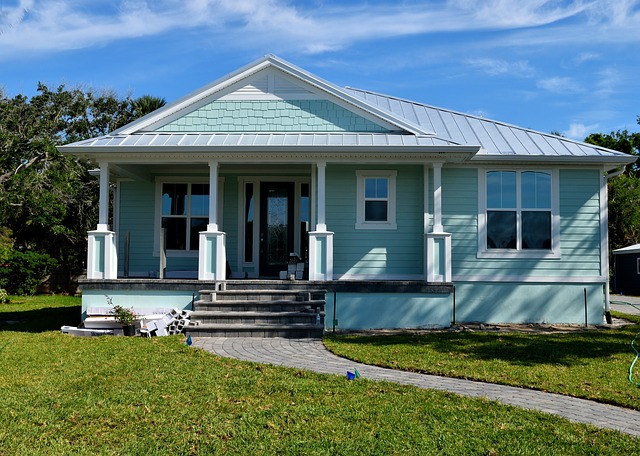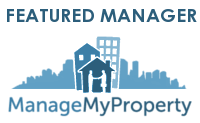
Home Security Systems – Why Landlords Need Them
Home security systems are typically a no-brainer. You probably have one installed in your own residence. But what about your investment properties? There’s obviously an expense involved with having your rental properties monitored, and many landlords decide to forego that expense to maximize their profits.
We encourage landlords to consider installing home security systems in all of their rental properties for a number of reasons. First, many insurance plans offer a discount for properties that are covered by a monitoring plan. Those discounts add up, and can offset the expense of equipment, installation and monitoring.
It may seem like it would be better to allow your tenants to install equipment if they wish to add a layer of security beyond the functioning door locks. However, few tenants tend to add home security systems because of the expense, and the end result can be a vulnerable asset and unnecessary risk to the occupants of your property.
Speaking of your tenants, having home security systems preinstalled makes your property much more attractive to prospective tenants. Don’t underestimate the value of making prospective tenants feel that safety and security are your priorities as a landlord. Remember, you and your tenants are essentially opting into a relationship – and anything you can do to build trust and respect is a good thing.
And finally, new technologies have made it much less expensive to install viable home security systems. Some systems will even offer the equipment for free or at an incredible discount provided you sign up for their monitoring plan. And monitoring isn’t a back breaker, either. Many plans come in under $20/month… and since we’re talking about your investment property… we feel like that’s a great investment.
If you’d like to discuss home security systems with us, we’d be happy to offer our thoughts on the best system for your specific needs. Contact us here.







